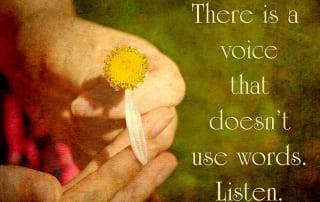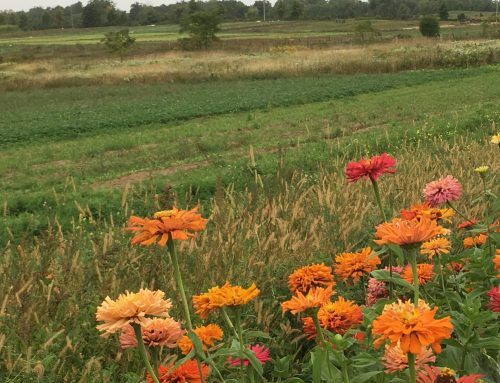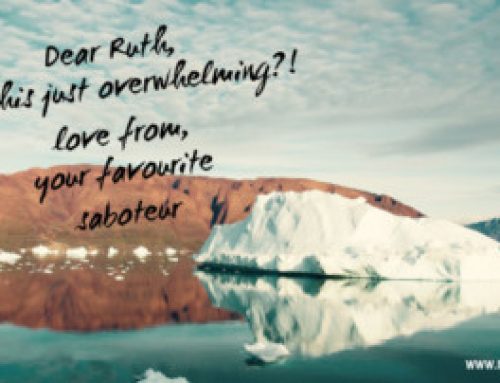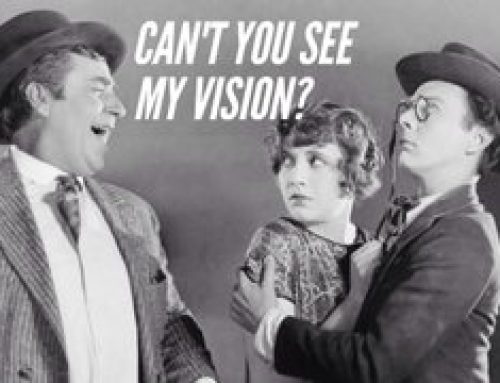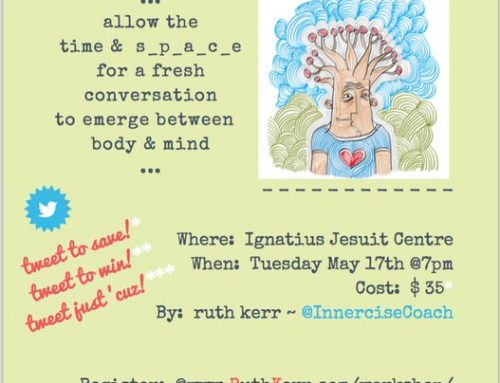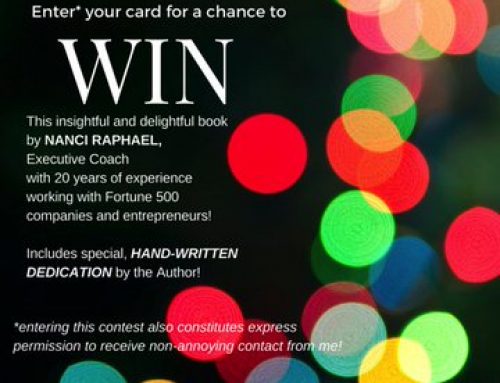Before writing this post, I wanted to take a few moments to “come to my (uncommon) senses”. Meaning that instead of engaging my usual, logical, thought processes, I asked my mind if it had any awareness of where my physical body really was at that moment. Could I feel the support of the floor through the soles of my feet? Was there any sensation of the floor through my toes? Could all or just some of those toes feel the floor? And, with the objective of just noticing rather than making any changes to what I sensed, a clearer mind-body connection formed.
Sound a little woo-woo? I would have thought so too not long ago, but I’m seeing things a little differently these days; I am discovering that my body has a capacity for knowledge which is independent of my Director brain. And, that if I am able to set aside my micro-managing thoughts occasionally, my relationship to simple, present-moment experience is refreshed, allowing the mundane to become meaningful.
Through my studies at the Gestalt Institute of Toronto (GIT), I came into contact with the corollary study of Sensory Awareness (SA). I was assigned the task of describing to my classmates what SA was all about. At first I thought the subject would be a little dry – and later, upon seeing the suggested reading Reclaiming Vitality and Presence: Sensory Awareness as a Practice for Life, my sleep-reflex kicked-in big time.
But forever the conscientious student, I forced myself to begin reading and surprisingly became completely engaged! What I’d thought would be a set of dull instructions on how to use your senses in life, instead became a delightful invitation to experiment and reconnect with smell, touch, taste, sight and hearing in a completely self-directed and RE-newing way. Unlike yoga or meditation, SA hasn’t any rules or procedures to practice or perfect, which is very strange indeed! In the absence of any strict instruction, I find my mind sub-consciously creates rules for itself all by itself. It’s funny the way that works.
Since SA is so experiential in nature, I am honoured to offer you a guided experiment led by Lee Klinger Lesser. With over 3 decades of immersive knowledge in SA (many years of which were spent studying directly with SA’s founder, Charlotte Selver, Lee has a sensible way of introducing her experiments that appeals to me as a beginner to this practice. Click here for Lee Klinger Lesser’s Guided SA experiment.
Having recently returned from an SA workshop in Garrison, NY, I am still resonating with the experience of having been led ‘back to my senses’ by leaders with such a depth and breadth of experience! I encourage you to try it out for yourself and see what comes of it: Whether it be through one of my Innercise Workshops where I offer opportunities to practice opening up to our body’s present-moment experience; enrolling in an in-depth SA workshop with either the GIT or the SA Foundation, or simply reading Reclaiming Vitality and Presence: Sensory Awareness as a Practice for Life and trying some of the experiments on your own.
Are you wondering whether SA is for you? Consider Lee’s response to that question: “Many people who have taken workshops and practice Sensory Awareness, speak of how it has affected and changed our lives. The work is subtle yet penetrating. Engaging in simple activities reveals how we engage in all aspects of our lives. As we discover how to respond beyond habits that constrict us, we can learn how to be more responsive in our relationships and all that we do. As we come more in touch with breathing, our sensations and our ability to come to quiet in our minds, we can learn to access this capacity more easily in the midst of busy and demanding situations as well.”
There may be nothing here for you, but then again, there may be much, much more!
And now I invite you to take just one more moment and check-in with yourself around what you’ve just read. Is there anything sitting with you now, something you would like to share, whether it be a question, a concern, or an expression of your interest in the book or attending a workshop? I would be grateful for the feedback in the comments section below.
Peace & Progress,

